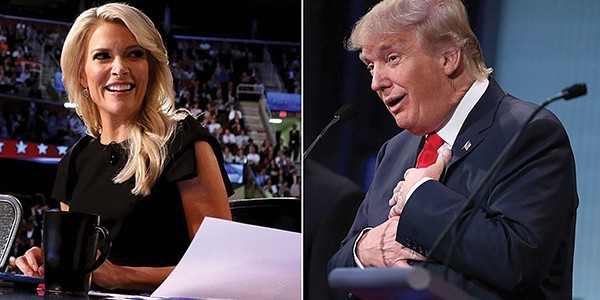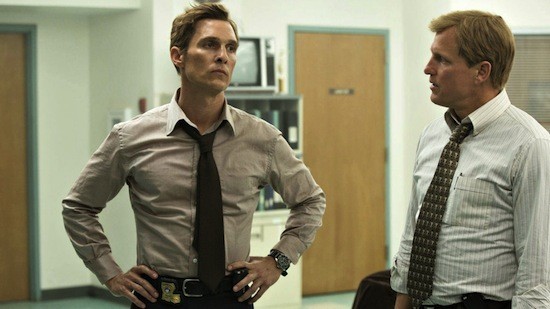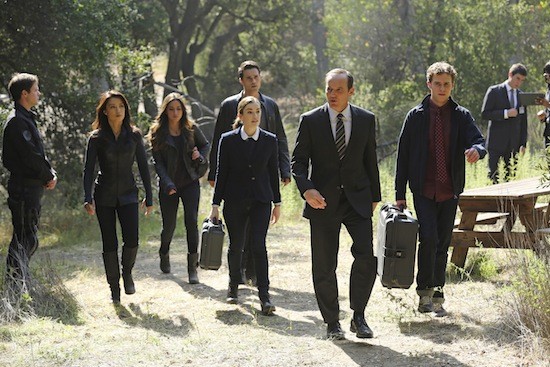You may recognize Lera Lynn as the bar-room singer from the second season of the HBO show True Detective, but the Nasvhille recording artist has a lot more to offer than the sad songs that set the mood for the somber detective drama that aired last year. I caught up with Lynn days before she plays a free show at the Levitt Shell to talk about her new album, Resistor, and more.
Memphis Flyer: Obviously we’re going to have to talk about True Detective a little bit. Now that there’s been some time removed from the season you were on, what’s your biggest takeaway from that experience?
Lera Lynn: There’s a lot of things that come to mind. I was so impressed by Vince Vaughn, Taylor Kitsch, and Rachel McAdams. They really did a great job. I think they got screwed, man. They worked their asses off and they performed really well, and I hate that there can be one person with a big mouth and it can tank this whole massive project that people put their hearts and souls into. Once your show has been shit-canned, it’s impossible to climb out of it. I’ve been known to go on rants about this.
Do you think it’s fair to label your music as “dark” or “haunting”? Those adjectives seem to come up a lot when reading about your songs.
I think some of it is, but that is just a small part of the story. I don’t think [the song] “Shape Shifter” is dark or haunting. Neither is [the song] “Drive.” There’s plenty of other things going on in my songs, and I think when people come to a concert, they are expecting to see my performance in True Detective, but my shows with the full band are much more dynamic. We have rock songs and songs in major keys. There’s even some humor sometimes.
Let’s talk about your new album, Resistor. How would you describe the overall mood of that record?
I can only describe it in a scene. To me, it’s late night driving with the windows down in the summer time. That’s how it makes me feel. That’s what I was hoping for in an abstract way. It’s hard to describe in one word, because it covers a lot of territory, which is what a good record should do.
Alt-country is such a vast word for a genre that has many sub-sects. How would you describe Resistor? Is goth-country a thing yet?
That’s funny, because right after I wrote the song “What You Done,” I called it something like doom country. I don’t think there’s much country going on with this record. The song “For the Last Time” was written two or three years ago. I almost didn’t include it [on the album] because it was too different, but that’s the song that’s doing the best in the U.K. and in Europe.
The songwriting approach for Resistor was so different. In the past I tried to focus on telling a story. With this record I wanted to be as succinct as I could and describe a single moment in time.
Album closer “Little Ruby” has an almost glam element to it, especially the vocals and the guitar twang. The song is a great closer, and I feel like it kind of wraps up all the different genres you’re experimenting with on the album. Is that accurate?
I can see that. There’s definitely some ’70s stuff going on. I wanted to write like a light-hearted J.J. Cale song for the closer since there’s some heavy shit going on in the album. I thought it would be nice for the end of the record. We wrote it in an afternoon and recorded it the next day. We just kind of threw it together, which sometimes can be the best approach.
Lera Lynn, Friday, July 8th at the Levitt Shell, 7:30 p.m. Free






